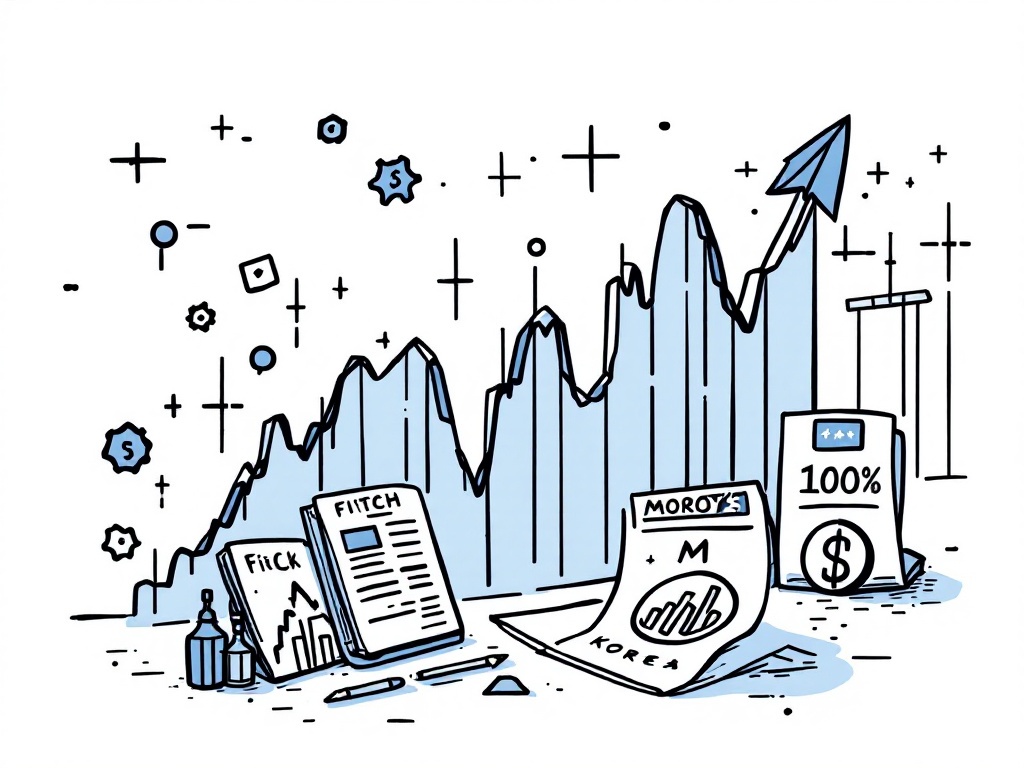Fitch and Moody's Warn of Economic Impact from South Korean Political Turmoil

Seoul, Saturday, 7 December 2024.
Fitch and Moody’s caution that ongoing political unrest in Korea, including martial law, could harm its economy and deter foreign investors, potentially affecting the sovereign credit rating.
Rating Agencies Sound the Alarm
While Fitch Ratings maintains that Korea’s AA-/Stable credit rating remains secure for now, the agency warns that prolonged political turmoil could increase downside risks [1]. The unprecedented declaration of martial law on December 4, 2024, though brief, has already prompted concerns about investor perception of political risk [1][3]. Moody’s has joined in expressing concern, cautioning that the ongoing political chaos could weaken the government’s administrative capabilities during a period of slowing economic growth [1].
Economic Indicators Show Mounting Pressure
The political crisis comes at a particularly challenging time for the South Korean economy. The country’s stock market has emerged as one of the worst-performing globally in 2024, while its currency has experienced greater weakness against the U.S. dollar compared to other major Asian currencies [2]. Economic growth has stagnated, with Q3 2024 showing a mere 0.1% growth following a 0.2% contraction in Q2 [2]. In response to market turbulence, South Korean financial authorities have promised ‘unlimited’ market support and committed to daily emergency meetings until conditions stabilize [2].
International Investment Impact
S&P Global Ratings has highlighted how the political instability is reshaping risk assessments. According to Andy Liu from S&P, corporations are now likely to reevaluate their supply chain, financial, and policy risks in Korea [1]. The situation is particularly concerning given that Korea’s political risk ‘really wasn’t on companies’ minds’ previously [1]. Despite these concerns, S&P has indicated that the current situation would not immediately affect Korea’s sovereign rating [1].
Policy Response and Future Outlook
The government has moved quickly to stabilize markets, with both the finance minister and central bank governor pledging comprehensive support [2]. However, with President Yoon Suk Yeol’s approval rating at just 19% [4] and facing potential impeachment proceedings [3], the political uncertainty continues to cast a shadow over economic prospects. The situation is further complicated by external factors, including the impact of the incoming U.S. administration’s protectionist policies on Korean exports [1][2].